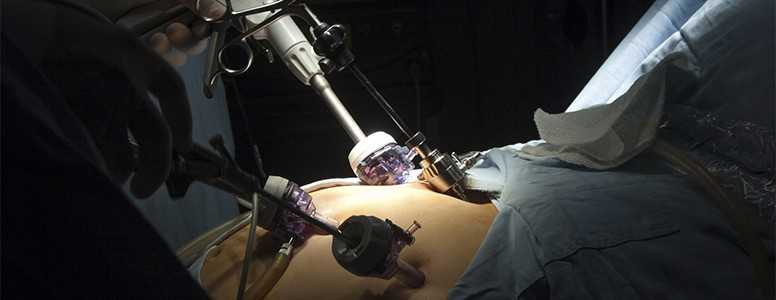A new study, led by researchers at Arizona State University, reveals that gastric bypass surgery profoundly changes which microbes can survive and thrive in the human gut, in turn leading to weight normalisation.
This change in the way in which constituent parts of the microbiome are interrelated or arranged impacts on the outcome of the procedure typically undergone by overweight people with type 2 diabetes or those who are obese.
So far, it has been unclear to what extent those changes in the human microbiome matter, but we know from previous research that many diseases are linked to such changes in what’s called dysbiosis.
This study is one of the first to suggest that that these alterations can be beneficial too, with findings that echo a paper released last year by Israeli researchers on the “yoyo-effect” while dieting.
The idea behind the yoyo-effect is that if you lose weight, you suddenly become more prone to putting it back on. At the time of this past study, it emerged that there are evident microbiome changes involved in this yoyo-effect.
Similarly, the current study shows that with gastric bypass surgery, the gut microbes are not just going along for the ride but they are also grabbing the wheel.
A shift in gut flora occurs when undergoing a gastric bypass as the sugery involves cuts in prime microbial residential sites, notably around the small intestine where bacterial flora serves a wide range of intestinal functions.
The researchers from Arizona found that patients who underwent the procedure experienced a total and permanent re-mapping of their microbiomes, with species that ameliorate the yo-yo effect and promote weight loss.
Interestingly, the bypass didn’t merely shift their microbial profile. It actually created an entirely new, healthier ecosystem of microbes, showing that the repopulation of gut microbes is a dynamic, ever-evolving process.
These changes seem to happen spontaneously as the dramatic organ-reorganisation that is gastric bypass changes the environment in the gut to one less acidic with more oxygen. This allows microbes, formerly unable to survive in the gut, to flourish.
As it turns out, many of the new residents produce molecules that signal appetite-suppressing hormones and other neurological pathways that control eating, which could explain part of the weight loss effect post-surgery.
Physiological problems can arise when the balance of microbes in the gut is compromised, but these findings show that gastric bypass surgery appears to benefit the gut microbiota leading to improved weight loss.
What's new on the forum? ⭐️
Get our free newsletters
Stay up to date with the latest news, research and breakthroughs.





